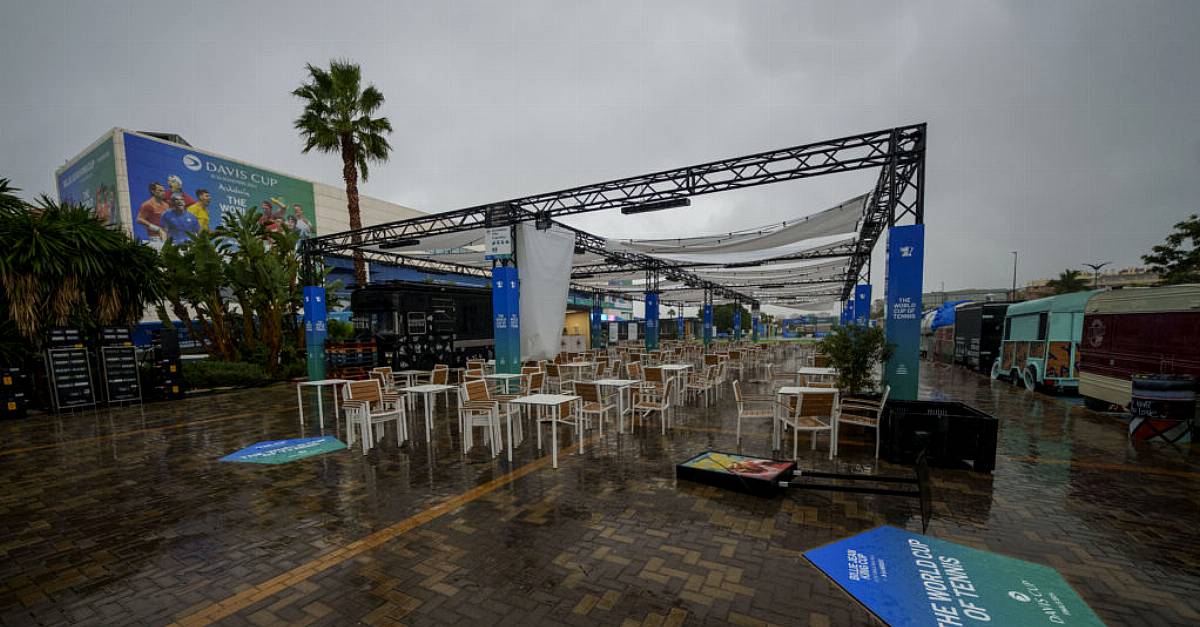Headline: "Ceasefire Terms in Sight as Israel Strikes in Beirut, Claims 28 Lives"
As tensions escalate across the region, recent Israeli airstrikes targeting Hezbollah in Beirut have solidified fears of wider conflict. The assault, which reportedly left 28 civilians dead in Mount Lebanon villages, has drawn international condemnation and reignited discussions around humanitarian crises and ceasefire negotiations. Amidst these developments, a United Nations committee announced that Israel’s military strategies in Gaza could be characterized as “genocide,” underscoring the urgent need for a diplomatic resolution.
Background on the Israel-Hezbollah Conflict
The Israeli military has ramped up its operations against Hezbollah, a militant group based in Lebanon, known for its long-standing rivalry with Israel. Strikes in Beirut and surrounding villages mark a significant escalation in the ongoing conflict, which has dominated the region since the recent clashes erupted earlier this year. The Israeli government has justified its actions as necessary for national security, citing ongoing threats from Hezbollah rocket fire.
Hezbollah, in turn, has retaliated with its own military operations, leading to a vicious cycle of violence that raises alarms about the potential for a more extensive armed confrontation. Experts warn that prolonged conflict could destabilize Lebanon and have repercussions for the entire Middle East, making the need for a ceasefire more pressing than ever.
Who is Affected?
The recent airstrikes have had devastating humanitarian consequences for local populations in Lebanon. Families in Mount Lebanon are grappling with the loss of civilization—28 lives lost, homes destroyed, and a palpable sense of fear pervading the region. Additionally, numbers from humanitarian organizations indicate a significant uptick in displaced persons seeking refuge from violence. As one local resident expressed, "Nowhere is safe; every sound makes us anxious."
The Broader Implications
The UN’s allegations that Israel’s military techniques align with acts of genocide present serious implications for international law and human rights. This characterization may lead to increased scrutiny of Israel’s actions and stoke greater calls for accountability on a global scale. Notably, such claims can galvanize foreign nations, NGOs, and advocacy groups to push for policy changes that may affect diplomacy in the region.
What does this mean for average citizens and communities? The growing fears and humanitarian needs are compounded by the geopolitical complexities that characterize this region. Aid organizations like the International Red Cross and UN agencies are already mobilizing resources to respond to immediate crises while peace advocates cherish hope for an eventual diplomatic breakthrough.
Potential Ceasefire Terms
Negotiations for a ceasefire are reportedly gaining traction. Key factors under discussion include:
- Stop of all military operations: An immediate halt to airstrikes and ground offensives.
- Humanitarian corridors: Establishing safe pathways for humanitarian assistance to reach affected populations.
- Monitoring mechanisms: Introducing international observers to ensure compliance from both sides.
These talks underline the need for an organized peace process, as both sides have much to reclaim; for Israel, security and sovereignty, and for Hezbollah, the need for recognition and its role in Lebanese society.
Expert Opinions
As observed by political analyst Dr. Amir Kassir, “The rapid escalation now shifting towards Beirut is alarmingly precarious. Both parties must tread carefully to avoid unnecessary loss of life, which impacts political resolution downstream.”
Additionally, humanitarian advocate Sarah Nasser stated, “Any discussions over a ceasefire must prioritize civilian safety. The loss of life in these strikes is tragic, and it’s the innocent who continue to suffer.”
Call to Action
As the region holds its breath, the important question remains: will diplomatic channels prevail over ongoing violence? For those interested in learning more about the humanitarian effects of conflict and historical context regarding Israel and Hezbollah, we invite you to explore our related articles here.
The engagement of both national governments and non-state actors, paired with international community pressure, may pave the way toward a peaceful resolution—one that prioritizes human dignity and national security alike.
Stay informed and engage in the conversation. How do you perceive the role of international organizations in resolving conflicts like this one? Feel free to share your thoughts in the comments section below.
Image Tags:
<img src="example-image1.jpg" alt="Israeli Airstrikes in Beirut">
<img src="example-image2.jpg" alt="Destruction in Mount Lebanon">External Link: RTÉ News on Ceasefire Updates
External Link: Al Jazeera on the UN report
This article has delved deeply into the ongoing crisis, providing a balanced and comprehensive view of current events while encouraging further discourse on the future of peace in the region.
Note: Please ensure that all factual claims are verified by referencing credible sources.
